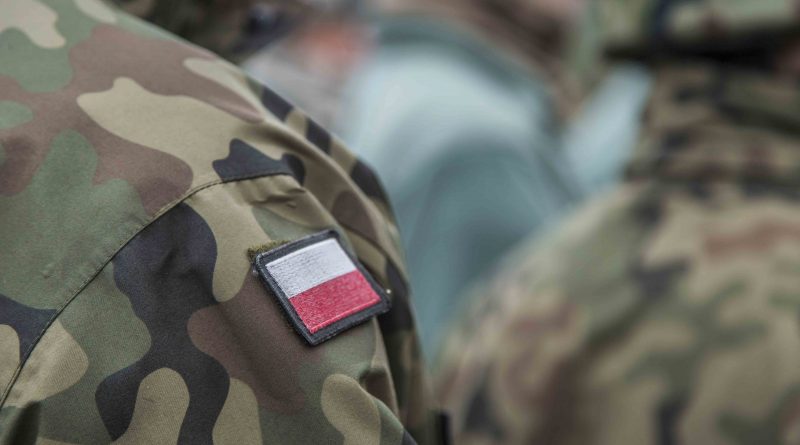NATO Says Russia Not Responsible for Explosion in Poland
Catherine Anderson
Staff Writer
Following Russia’s most aggressive attack against Ukraine in over a month, a missile landed in Polish territory on November 15, leaving two people dead, writes CNN. This has led to debate over the origin of the missile, which landed outside of a rural Polish village approximately four miles from the Ukrainian border. According to CNN, Ukrainian President Volodymyr Zelensky denied that the missile was launched by his forces. The Associated Press states that NATO Secretary General Jens Stoltenberg believes that it is more likely that the missile was launched by Ukraine to defend itself from incoming Russian missiles. U.S. President Joe Biden also said that it was unlikely that Russia fired the missile, citing its trajectory, reports Reuters.
The Associated Press explains that the explosion came amid concerns that Russia could escalate the war with Ukraine by launching an attack on NATO countries. Politico reports that the U.S. has been discussing the possibility of the war escalating for at least a month, and has conducted exercises along with European countries to prepare for that scenario. According to CNN, however, Stoltenberg does not believe that there is evidence that Russia has any plans to do so. If Russia were to intentionally attack a NATO country, it could lead to the invocation of Article 5 of the NATO Charter, which states that any attack against a NATO country is considered to be an attack on the whole alliance, explains The Washington Post. The Washington Post continues that there has also been some speculation that Poland could invoke Article 4, which “allows members to bring any issue of concern, especially related to security, for discussion at the North Atlantic Council,” although it does not appear that Poland actually intends to do so.
Polish President Andrzej Duda has also stated that he believes it was likely that the missile was fired by Ukraine in self-defense, and that it likely landed in Poland by mistake, writes CNN. Even if the missile was fired by Ukraine, Stoltenberg has argued that the explosion is still Russia’s fault. As CNBC explains, this is because the missile would have been fired in response to Russia’s aggression, which President Biden has called “unconscionable.” Regardless of the origin of the missile, Reuters states that the U.S. and its NATO allies will “fully investigate before acting.” According to CNN, the investigation is a joint effort between the U.S. and Poland. President Zelensky, however, has said that Ukrainian experts should play a part in the investigation and be allowed on the explosion site.
CNN further explains that although Zelensky has denied that Ukraine had anything to do with the explosion, a spokesperson for the Kremlin has also denied that Russia was involved in the incident. He went as far as to say that “some leaders have made statements without understanding ‘what actually happened.’” While the missile itself was likely Russian-made, this does not necessarily clarify which side fired it, because, according to CNN, both sides have been using Russian-made missiles throughout the war. Although Russia and Ukraine have each denied responsibility, it seems that most world leaders have more complicated opinions. CNN writes that President Biden called an emergency NATO meeting at the G20 Summit in Indonesia and told world leaders that “preliminary information suggested it was unlikely the missile…was fired from Russia.” This seems to be a consensus, although the placement of blame is more complicated. Some, like Stoltenberg, believe that the explosion was Russia’s fault, as it was probably fired in response to Russian attacks. Others, like the Polish president, believe that the incident was an accident, and did not seem to assign blame to either side.
While it is extremely unlikely that this was a deliberate escalation by Russia, the implications of such an action are important to consider. The consequences of such an escalation could lead to the invocation of Article 5, which could lead to a global war. While neither side would look favorably on such an outcome, as long as the war continues, this possibility cannot be ignored.
Image courtesy of NATO

